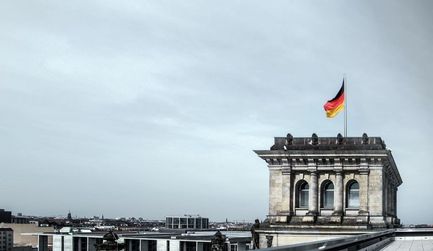
Apply to a foreign university with confidence
- Properly fulfilled documents
- Perfect motivation letter
- Support from a personal mentor
- Offers from several universities
You can immigrate to another country with a student visa. It's easier to get than a work visa and you can stay in a country longer.
Free consultation
Immigrate to another country with a student visa. Student visas allow for a longer stay compared to tourist visas and are easier to obtain than work visas. Importantly, upon graduation from a university in many countries, it can be converted to a post-work study visa. This post-work study visa is designed for graduates seeking to remain in the country to pursue employment and represents the initial step towards citizenship.
Student immigration is the most reliable way to live abroad. Student visa applications are generally approved more easily compared to work visas, with processing times typically taking 2-4 weeks instead of several months for work visas.
However, this immigration option requires a commitment to attending lectures, completing homework, participating in group projects, and delivering presentations. Education abroad is treated with great seriousness, involving higher workloads and more stringent student expectations. Failure to maintain satisfactory attendance and academic performance can lead to expulsion and visa cancellation.
Student immigration primarily focuses on education, serving as the initial step towards permanently relocating to a new country. During your study period, you'll have the opportunity to adapt to the new environment, build friendships, learn about the local laws, and find employment. Equipped with such experiences, obtaining citizenship will become a more achievable goal.
Education abroad often involves tuition fees and might not permit concurrent employment. Proficiency in the local language is also highly recommended, ideally even before enrolling in the university.
Here are some examples:
| Avg. tuition cost per year | Permission to work (hours per week) | Universities in the top 1000[1] | |||
|---|---|---|---|---|---|
| Bachelor's degree | Master's degree | ||||
| Germany | English / German | 3,390 USD / Free | 9,763 USD / Free | 20 | 44 |
| USA | English | 30,000 USD | 25,000 USD | 20 | 146 |
| Canada | English / French | 12,905 USD | 17,923 USD | 20 | 26 |
| Australia | English | 17,055 USD | 16,166 USD | 20 | 35 |
| New Zealand | English | 15,940 USD | 18,596 USD | 20 | 8 |
| Spain | English / Spanish | 13,000 USD | 4,300 USD | 20 | 25 |
| Israel | English / Hebrew | 8,000 USD | 4,000 USD | No | 6 |
| Norway | English / Norwegian | 7,996 USD | 9,595 USD | 20 | 4 |
| Finland | English / Finnish / Swedish | 10,800 USD / Free | 10,260 USD / Free | 25 | 9 |
| Italy | English / Italian | 4,320 USD | 7,560 USD | 20 | 34 |
Average tuition costs do not include expenses for housing, food, and medical insurance.
Many countries allow students to work while studying. However, it often requires obtaining special permission or a work visa. Each country may have its own restrictions on the number of hours you can work per week, with a common limit being 20 hours.
Working part-time may not fully support a comfortable student life abroad, but it can certainly help reduce living expenses.

Student immigration begins with the crucial step of securing admission to a university. This process can seem more complicated compared to other immigration routes, such as investment-based or work visas. It entails intensive preparation, followed by an anxious wait for the admission committee's response.
However, the effort invested will yield significant rewards. After receiving an acceptance letter from the university, you can present it along with other necessary documents at the consulate or visa center. Subsequently, you'll be granted a student visa, which opens the path to a reliable and long-term immigration journey.
Moreover, this student visa serves as the initial step towards obtaining permanent residence or citizenship in the country of study. Once you complete your studies, most countries offer a graduate visa. It allows you to stay in the country for 12-18 months to search for employment. Some countries may extend this period further, such as Australia, which allows 18-48 months.
Where to begin?
If you have already chosen the country you want to study in, the first step is to select a university/college and the program you wish to pursue. Details on the selection process can be found in another article.
Once you decide on the universities and programs of interest, it is crucial to thoroughly review their admission requirements. It is essential to assess your chances of admission accurately at this stage. Keep in mind that prestigious universities and popular programs have extremely high competition. For instance, Ivy League institutions accept only a small fraction, around 5-10%, of all applicants. Additionally, many universities charge a non-refundable registration fee of approximately 100 USD, meaning you could lose both time and money in case of rejection.
After considering the admission requirements, explore the funding options for your studies, such as scholarships. Scholarships can be offered by universities themselves, national governments, or independent organizations. Each scholarship or grant has its own competitive selection process, application requirements, and specific deadlines. It is common for scholarship application deadlines to close several months before the program deadlines.
More about scholarships abroad
Now, prepare for admission. We recommend allocating 1-2 years for this preparation phase.
You must enhance your language proficiency and validate it through an exam. Additionally, secure recommendation letters from teachers or an employer, and request a transcript of grades from your educational institution. All these documents need to be meticulously executed, translated, and notarized. The legalization process also entails various nuances. Please check the requirements and evaluating procedure on the special websites. For instance, Study in (country).
A motivation letter is often required. It cannot be universal for all programs, as it should reflect your personality, goals and reasons for admission — this can’t be formulated for different areas of study. The motivation letter significantly impacts your chances of being accepted into a university, so allocate ample time to craft it.
Once all your documents are in order, proceed to apply to the university or scholarship program. Subsequently, you'll need to wait for an invitation letter, which holds paramount importance for the visa center/consulate, serving as the basis for obtaining a student visa.
How to apply to a university abroad
Once you've enrolled at a university, securing a student visa becomes the next crucial step. Treat this stage with the same level of responsibility as the admission process. Any errors or missing documents can cause delays in the already lengthy procedure. To avoid such issues, we advise submitting your documents a few months before the admission, allowing ample time to complete all formalities and relocate to the country before the start of your studies.
Visa applications usually cost between 200 and 400 USD. Processing times vary by country.
To increase your chances of getting a visa, it is important to meet two conditions:
Certain countries may conduct interviews to inquire about your reasons for applying to their university — whether it is for quality education or potential immigration. It is advisable to prepare your answers in advance.
Occasionally, the university itself may handle all visa-related matters on your behalf, including interactions with the consulate. This is the case, for example, when applying to universities in China.
| Country | Visa | Cost | Consideration time |
|---|---|---|---|
| Australia | Subclass 500 | 393 USD | 2–11 weeks |
| Germany | Visa D | 85 USD | 4-8 weeks |
| Canada | Study permit | 108 USD | 12 weeks |
| United States | Visas F, M | 360 USD | 6+ weeks |
| New Zealand | Fee paying student visa | 218 USD | up to 2 months |
| Spain | Visa D | 68 USD | from 1 month |
| Finland | Student visa | 325 USD | 2 weeks |
| Israel | Student visa A/2 | 46 USD | 2 weeks |
In many countries, individuals who possess a degree from a local university are eligible for a Post-study work visa. This visa is designed to provide international students with an opportunity to seek employment or start a business after completing their studies. The duration of stay granted by this visa is typically 1.5 years.
In certain countries, there are even more options available. For instance, in Australia, students can also obtain a visa for research or internship purposes.

A student visa can be obtained for the entire duration of study in any country. It is often possible to extend it to pursue further education, such as enrolling in a master's program after completing a bachelor's degree. However, in many cases, the time spent on a student visa is not counted towards the total period of residence required to be eligible for citizenship, except for the case of France.
To establish yourself in the country and work towards citizenship, you will need to transition from a student visa to a work visa and maintain this status for 3 to 5 years. The Post-study work visa, also known as a graduate visa, can be instrumental in achieving this. This visa not only opens up opportunities in the country's job market but also serves as a pathway to obtaining citizenship / national passport.
We have an article presenting a selection of countries known for their high-quality standard of living, affordability, and favorable job prospects.
Here, we will focus on countries with immigration services that are particularly welcoming to foreign graduates. These countries allow you to get a visa for a period of 12 months after completing your studies. Additionally, if you secure employment, you can apply for a work residence permit or another type of immigrant visa.
| Country | Visa | Duration | Cost | Consideration time | Average salary (month)[2] |
|---|---|---|---|---|---|
| Temporary Graduate visa (485) | 18–48 months | 1,098 USD | 4-5 months | 4,446 USD | |
| Skilled-Recognised Graduate visa (476) | up to 18 months | 268 USD | 7-8 months | ||
| Training visa (407) | up to 24 months | 204 USD | up to 4 months | ||
| Research activities (408) | up to 24 months | 204 USD | up to 2 months | ||
| Germany | Visa for jobseekers | up to 6 months | 64–113 USD | 4-6 weeks | 4,151 USD |
| Canada | Post-Graduation Work Permit | up to 36 months | 194 USD | 12+ weeks | 4,071 USD |
| USA | Post-Completion OPT | 12–36 months | Free | 3-6 months | 5,258 USD |
| H-1B work visa | 3–6 years | Free | 6 months | ||
| New Zealand | Post-study work visa | 12–36 months | 340 USD | 4-6 weeks | 3,527 USD |
| Spain | Change of residence status | 3–60 months | 193 USD[3] | 1-3 months | 3,230 USD |
| Finland | Residence permit (degree in Finland) | up to 48 months | 399 USD | 1-4 months | 3,709 USD |
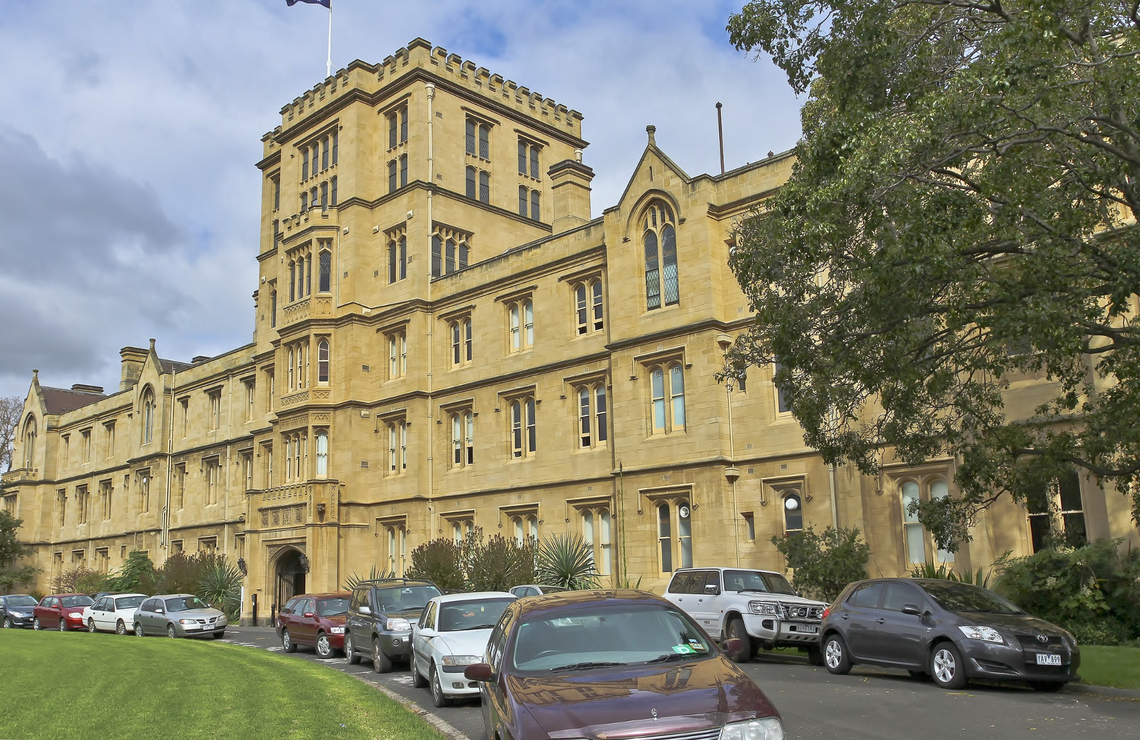
Australia is home to 7 universities ranked in the top 100 international university rankings. It is the 3rd most popular destination for foreign students, after the USA and Great Britain. The average cost of education is approximately 19,034 USD per year — but scholarships are available, particularly for master's and doctoral studies, helping students save on both education and living expenses.
Enrolling at a university directly after 11th grade is not allowed. It is mandatory to complete one year of bachelor’s studies in your home country or take a preparatory course, such as a Foundation program, before gaining admission to an Australian university.
The processing time for a student visa typically ranges from 2.5 to 4 months. Apply for the visa after gaining admission — approximately 6 weeks before the start of your studies. The cost of the visa application is from 393 USD.
Required documents:
The Temporary Graduate visa in Australia can only be obtained once. Applicants have the option to include their partner and children in the visa application. It is essential to be in the country when applying for this visa. There are different types of visas under this category:
With a graduate visa, you can secure employment and, with employer support, apply for a visa under the Employer Nomination Scheme (subclass 186), Skilled Independent visa (189) or Skilled Nominated visa (190). The registration process takes 5-15 months, with costs starting at 2,696 USD.
After residing in Australia for 5 years on a working residence permit, you become eligible for citizenship.
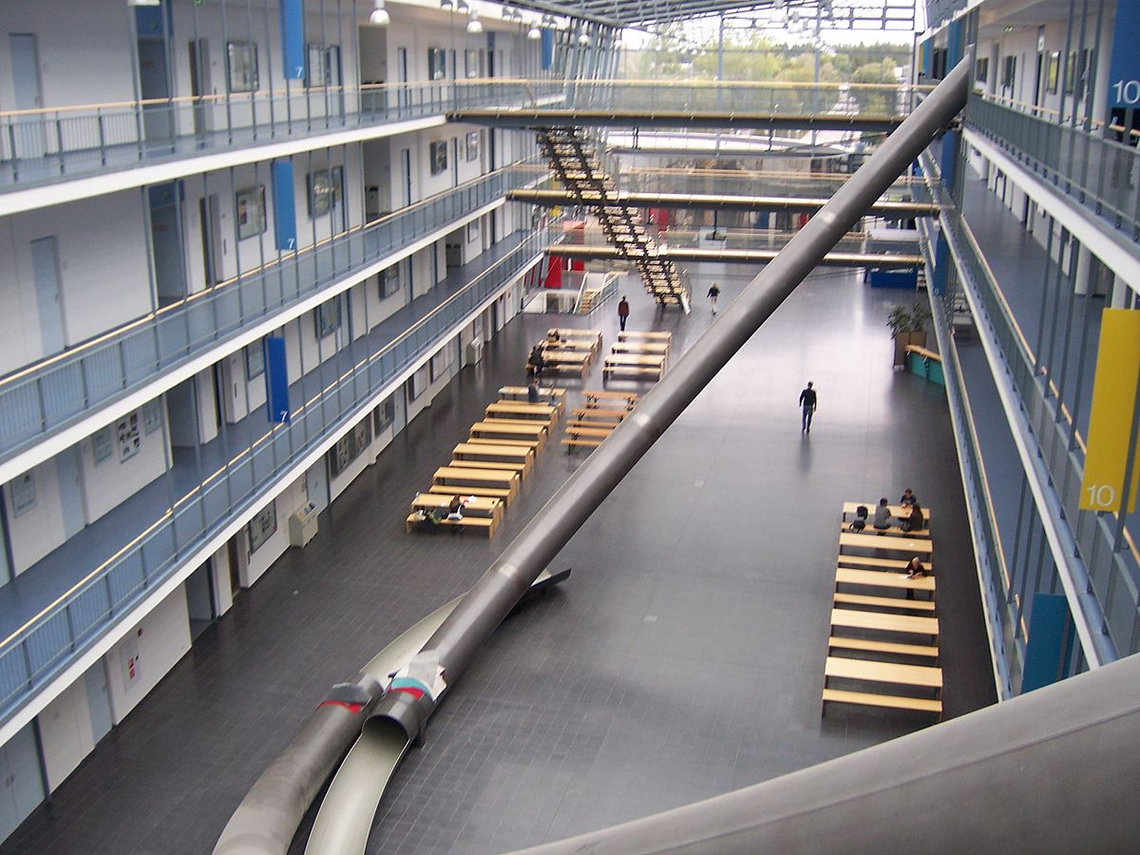
Germany offers free education, a significant advantage for student immigrants. Public universities only charge semester fees ranging from 160 to 791 USD per year, with the exception being Baden-Württemberg and private universities.
To enroll at a German university after 11th grade, you must complete one year of a bachelor's degree in your home country or attend preparatory courses, known as Studienkolleg, in Germany.
A student visa to Germany requires a national visa category D, which remains valid for 3-6 months. Once in the country, this visa needs to be replaced with a residence permit for educational purposes. The processing time for this transition is approximately 4 weeks.
Required documents:
Graduates in Germany are eligible to obtain a residence permit for an 18-month job search. During this period, they can engage in any activity, even if it's unrelated to their education. However, this residence permit cannot be extended beyond the 18 months.
Typically, the required documents include:
These documents must be presented at the Foreigners Authority, which is responsible for handling matters related to foreigners.
During the duration of this visa, graduates can explore the possibility of obtaining more favorable residence permits, such as:
In Germany, there are two paths to obtain permanent residence. The first option is based on a residence permit, achievable after living and working in the country for 2 years. In the case of Blue Card holders, candidates can receive residence after 21 months if they have a minimum B1 proficiency in German[7][8]. The fees for registering permanent residence are 153 USD for employees, 226 USD for self-employed individuals, and 282 USD for Blue Card holders[9].
As for citizenship, it becomes attainable after residing in Germany for 6-8 years. However, acquiring German citizenship requires renouncing one's previous citizenship[10].
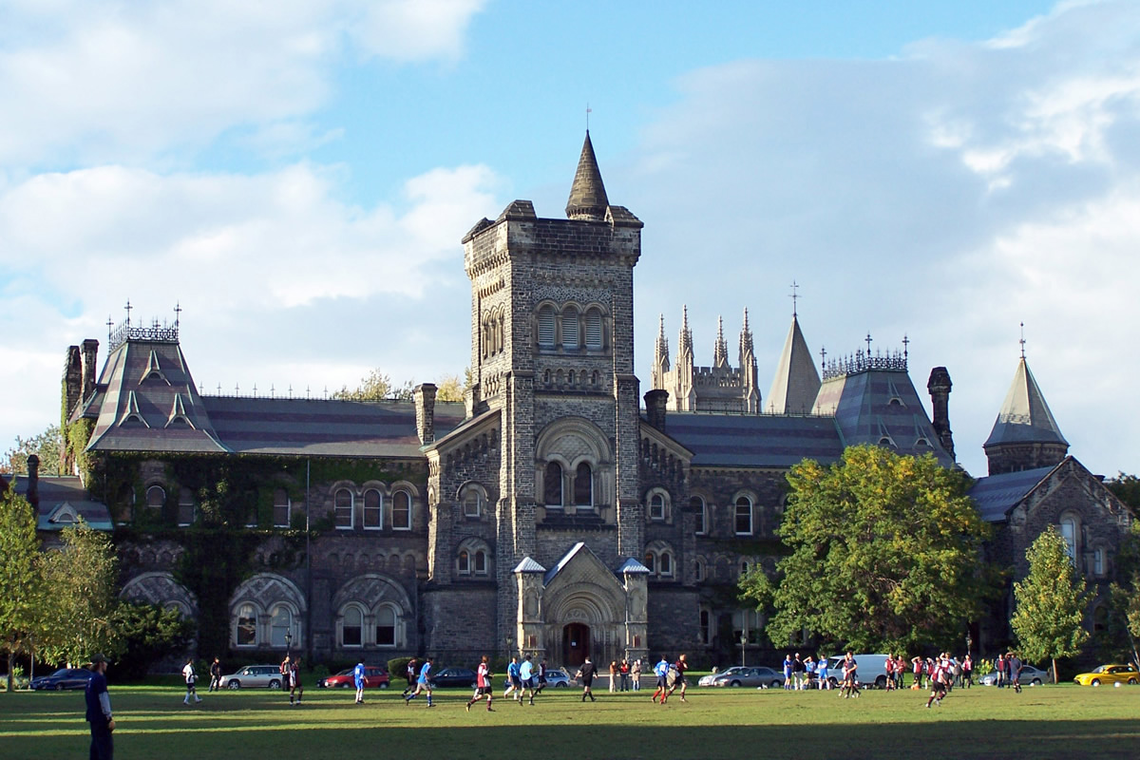
Canada is renowned among English-speaking countries for its cost-effective study options, ranging from 15000 to 32,262 USD per year. Notably, three Canadian universities consistently rank high in the QS university rankings: McGill University at 31st place, University of Toronto at 34th place, and University of British Columbia at 47th place.
Aspiring students can apply directly after completing 11th grade. However, universities in Canada require two mandatory exams — SAT and TOEFL — for admission purposes.
Once you receive an invitation letter from a university, you can proceed to apply online for a Study Permit. It's possible to obtain the permit at the border, along with a student visa. However, before that, you will need to visit the consulate and provide biometric data.
Required documents:
After graduating from a Canadian university, you may participate in the Post-Graduation Work Permit Program (PGWPP) if your chosen university is included in the program. To verify whether your university is eligible, check the provided link.
Your course of study must be full-time and last for a minimum of 8 months. A work permit under this program can be obtained only once in your lifetime. The PGWPP must be applied for at least 180 days before the expiration of your Study Permit.
Current information can be found on the official website.
| Study duration | Max. graduate visa duration[11] |
|---|---|
| 8 months-2 years | 8 months-2 years |
| 2+ years | 3 years |
Alumni from New Brunswick, Newfoundland, Labrador, Nova Scotia, and Prince Edward Island also have the option to participate in the Atlantic Immigration Program. If a candidate does not meet the criteria for a graduate work permit, there are other opportunities for labor immigration available. For instance, they can explore programs like the Federal Skilled Worker Program and Provincial Nominee Program.
For obtaining a Permanent Resident Card (PR card), the candidate must have worked full-time for a minimum of 12 months after graduation. Detailed requirements are available on the Governments of Canada website.
To be eligible for Canadian citizenship, the individual must have resided in Canada for at least 3 of the last 5 years[12].

Education in the United States is prestigious, with 17 universities ranked in the top 100 globally. However, it can be very expensive, ranging from 20000 to 50,000 USD per year. The good news is that there are scholarships available that can fully cover the cost of studying and living, even at renowned universities like MIT and Ivy League institutions.
Similar to Canada, you can pursue a bachelor's degree in the US after completing 11th grade. There are also various alternative entry options, such as attending more affordable community colleges with costs around 10,000 USD per year. Completing studies at a community college can often lead to direct entry into the third year of bachelor’s studies at a university.
The process for obtaining a student visa involves six steps:
1. Receive an I-20 invitation form
2. Pay the I-901 SEVIS fee
3. Take a picture for the student visa
4. Fill out the DS-160 form
5. Sign up for an interview
6. Pass the interview
Required documents:
After graduation, foreign students with an F1 visa can participate in an Optional Practical Training (OPT) program. The duration of the OPT can be up to 36 months for graduates with degrees in science, mathematics, engineering, or technology (STEM fields), and up to 12 months for graduates in other disciplines.
To apply for Post-Completion OPT, you must request your school to recommend you for OPT and then submit an I-765 petition to the USCIS. Documents can be submitted 90 days before the desired start date of OPT and no later than 60 days after the date of graduation.
After completing the Optional Practical Training (OPT) program, graduates are granted a 60-day grace period to determine their further status. If the employer is willing to support the graduate in obtaining a specialist work visa, the student can remain in the country.
The H-1B specialist visa has an annual quota of 65000 visas. It is available to graduates of American universities with a bachelor's degree and above. For master's degree holders who received education in the US, there are an additional 20000 visas available[13]. The H-1B visa allows the holder to work in positions that match their qualifications.
The quota is updated annually on October 1st, but it fills up very quickly. Therefore, it is advisable to apply well in advance and request a visa from this date. If the candidate has already applied for a work visa from October 1st, they must apply for the F-1 CAP GAP EXTENSION after the completion of their OPT. This allows them to stay in the US until a decision is made on issuing the work visa.
Obtaining a specialist work visa is a step towards obtaining a green card, although it is not considered an "immigrant" visa. After obtaining the H-1B work visa, the candidate can, with the assistance of the employer, initiate the process of obtaining a green card under the EB-2 category.
US citizenship can be obtained after residing in the country for 5 years.
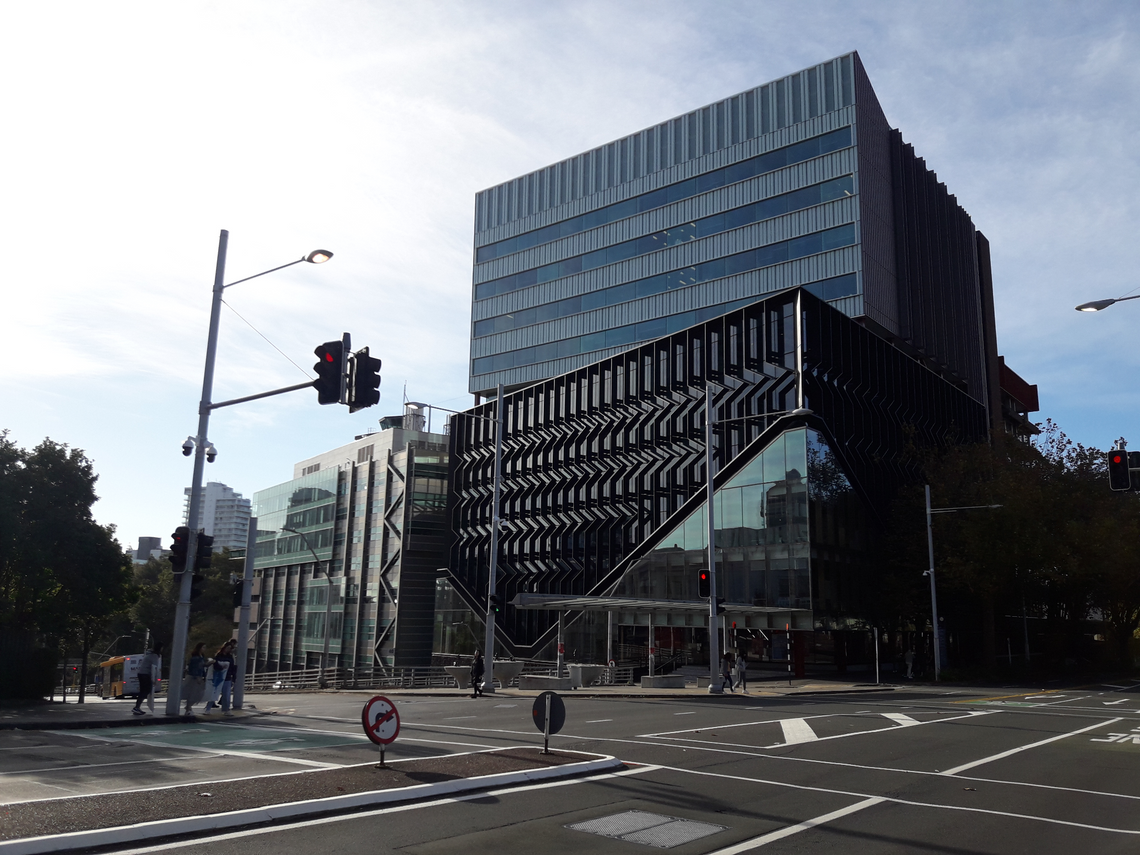
New Zealand is known for having a highly skilled workforce, and it offers several immigration programs to attract foreign workers with higher education.
Enrolling at a New Zealand university directly after 11th grade is not possible. Instead, applicants are required to study one year at a bachelor's degree program in their home country or undertake preparatory courses.
Required documents:
After studying, you can obtain an Australian Post Study Work Visa. The duration of this visa depends on your qualification level in the NZQA system, with a maximum duration of 3 years. With this visa, you are allowed to remain in the country to search for employment and later apply for a work visa. This visa option also extends to include your partner and children.
After completing a graduate visa, you may apply for permanent residence through the Skilled Migrant Category Resident Visa.
The visa requires a minimum score of 160 points based on factors like age and skills. Additionally, having a job or job offer in New Zealand is necessary.
Your chances of obtaining the permanent work visa increase significantly if your profession is included in the official list of in-demand occupations (skill shortage list). The visa application fee is approximately 365 USD, and the processing time ranges from 7 to 11 months. To explore other work visa options, visit the official website.
Citizenship can be obtained after 5 years of residence in the country[14].
Youth unemployment rate: 6.8%
Average salary: 1,800 USD/month
Cost of living: 560 USD/month
Education cost: 11,000 USD/year
The South Korean government provides support to graduates of Korean universities, making it easier to obtain a residence permit.
After university, a foreign graduate can receive Job Seeker status (D-10). With this visa, you can stay in the country for 6 months with the possibility of extension up to 2 years.
During this time, foreign graduates can find a job or create their own startup.
The Korean economy is one of the most developed in the world. Great emphasis is placed on the sector of innovation and high technology. The unemployment rate among youth is 6.8%, and among foreigners — 6%. This is nearly half the rate seen in Europe.
Youth unemployment rate: 7.3%
Average salary: 4,802 USD/month
Cost of living: 1,032 USD/month
Education cost: 15,820 USD/year
Foreign graduates of Dutch universities are eligible for an Orientation year to stay in the country. This period allows you to seek full-time employment or establish your own business, offering complete freedom of choice. Once the year is over, the Orientation visa must be replaced with a working residence permit.
Youth unemployment rate: 12.6%
Average salary: 2,798 USD/month
Cost of living: 16,800 USD/month
Education cost: 10,000-12,000 USD/year (free if studying in Finnish or Swedish)
Graduates of Finnish universities have the opportunity to obtain a Finnish residence permit, either with a job offer from an employer or for job searching purposes. Remarkably, there are no time limits; you can apply for a residence permit even several years after graduation, and if needed, the permit can be extended[15].
For those aiming for permanent residence in Finland, it can be acquired after 4 years of continuous residence in the country[16]. The application cost is 215 USD, with a review time of 1-2 months for online applications and 4-8 months for in-person submissions[17].
Citizenship can be obtained after 5 years of residence in the country[18].
60+ countries
we work with
$1,000,000 saved
by students through scholarships
6,400 offers
our students got